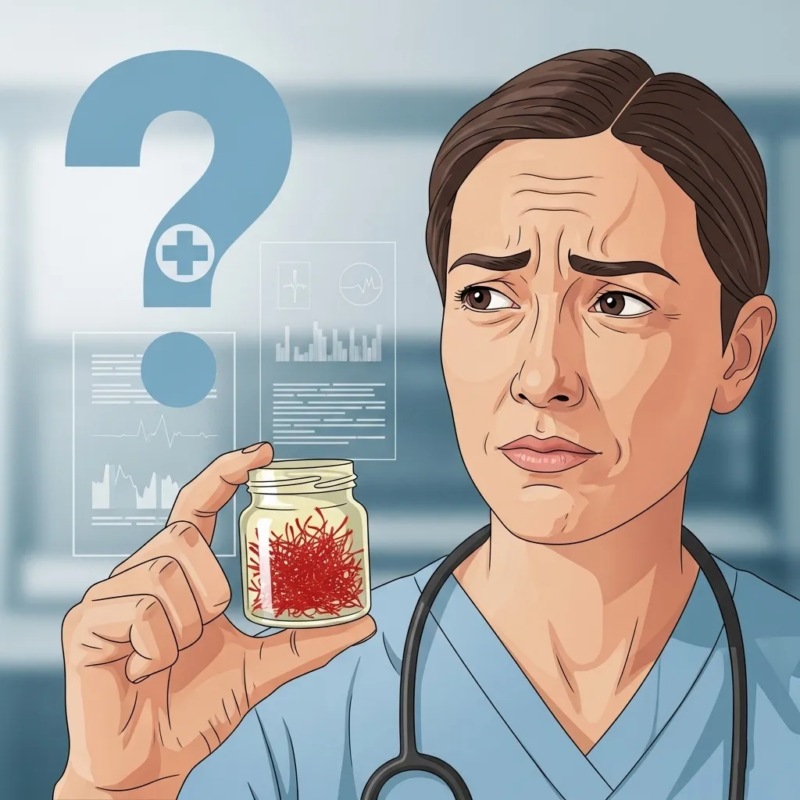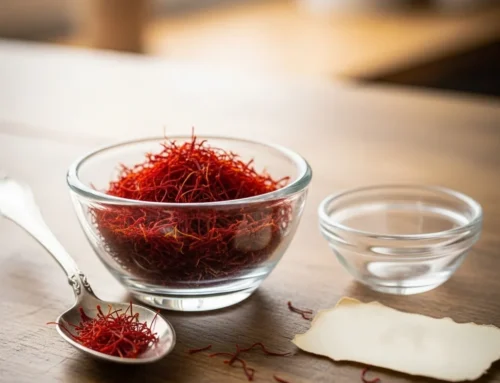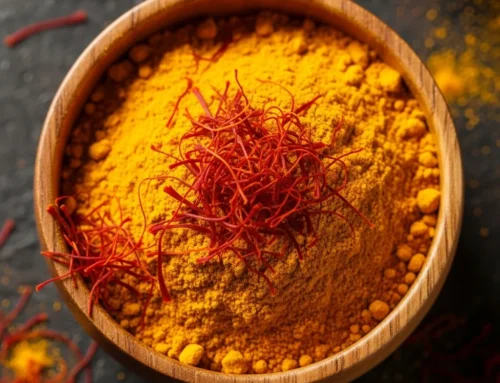Precautions for Saffron Consumption: Who Should Avoid It?
Saffron, often known as the “king of spices,” is praised for its numerous health benefits. However, it’s essential to note that not everyone can safely enjoy this spice. Certain individuals need to be aware of the precautions before consuming saffron due to its potential side effects.
Pregnant Women and Saffron
Pregnant women should exercise caution when it comes to saffron consumption. While the spice offers many positive effects, it also has the potential to stimulate uterine contractions, which may increase the risk of miscarriage, especially during the first trimester. Therefore, pregnant women are strongly advised to avoid saffron, or to only consume it under the guidance of a healthcare professional.
Allergic Reactions to Saffron
People who have allergies to saffron or other plants in the lily family should avoid consuming saffron. Allergic reactions can range from mild symptoms such as skin rashes and swelling to more severe responses, including difficulty breathing. If you are allergic to saffron, it’s best to avoid not just consumption but also handling the spice.
Blood-Thinning Medications and Saffron
Saffron has mild blood-thinning properties, which could potentially interfere with blood-thinning medications like warfarin. This interaction might increase the risk of bleeding, so individuals taking such medications should consult with their healthcare provider before using saffron. This ensures there are no adverse effects when combined with blood-thinning treatments.
Low Blood Pressure and Saffron
For individuals with low blood pressure, consuming large quantities of saffron may not be ideal. The spice can lower blood pressure further, which could lead to complications. While moderate consumption might not pose significant risks, those with hypotension should exercise caution and consult a doctor before adding saffron to their diet.
Consult Your Healthcare Provider
Individuals with any existing medical conditions or those on medication should always seek professional medical advice before introducing saffron into their diet. A healthcare provider can provide personalized guidance based on your specific health profile, helping to avoid any potential negative interactions or side effects.
In conclusion, while saffron is a powerful spice with many health benefits, it’s essential to know when and who should avoid it. Pregnant women, individuals with allergies, those on blood-thinning medications, and people with low blood pressure should be especially cautious. It’s always best to consult a healthcare provider before making any changes to your diet.
For more information about saffron quality and pricing, feel free to explore our Saffron Price page. Stay informed and enjoy saffron responsibly!








Get Social